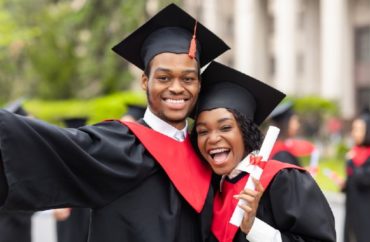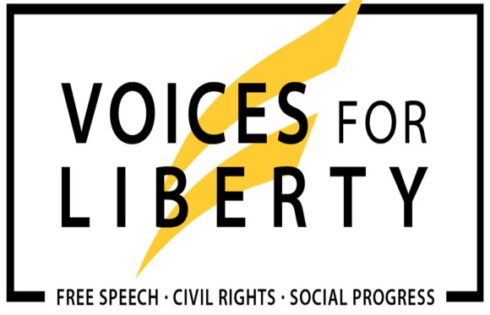
‘The charge that colorblind admissions will foreclose educational opportunities for blacks rests on a breathtakingly elitist view of education’
For many years, The College Fix has reported on an academic phenomenon dubbed “mismatch,” which argues students are harmed when they attend universities where their peers are more academically adept.
Such students, the theory goes, would fare far better at middle-tier schools more suited with their aptitudes.
When students who perform on the median of the bell curve are thrust into super-high performing universities and expected to keep up with their peers admitted on their academic prowess, they tend to do more poorly, get discouraged, and drop out in higher percentages or decide against tougher majors, such as STEM, according to the mismatch theory, which is supported by statistics and data.
But this mismatch problem will likely be resolved thanks to the U.S. Supreme Court’s recent decision to outlaw affirmative action enrollment decisions, as race-based preferences had admitted black students to campuses for which they were ill prepared, writes Heather Mac Donald in a recent Wall Street Journal op-ed:
The charge that colorblind admissions will foreclose educational opportunities for blacks rests on a breathtakingly elitist view of education. And the idea that minority students should now conclude that they aren’t “wanted” on college campuses defies reality. Black students will attend college in the same numbers after affirmative action as they did before, if they so choose. Colleges will be as eager to have them. The only difference, assuming compliance with the ruling (a big if), is that such students will attend college on the same footing as most students from unpreferred racial groups: admitted to schools for which their academic skills qualify them.
Racial preferences catapulted many minority students into colleges for which they were academically unprepared. As Richard Sander and Stuart Taylor Jr. demonstrated in “Mismatch,” their 2012 book on affirmative action, there are very few black students in the top academic cohorts from which highly selective colleges draw most of their students. Black high-school seniors are one-tenth as likely to be in the top tenth of college applicants nationwide as nonblack applicants. The average black SAT score in 2022 was 926 on a 1600 point scale. The average Asian score was 1229 and the average white score was 1098.
…Because elite colleges are determined to engineer racially diverse student bodies, they have reached deep down into the black applicant pool to fill their quotas. They end up admitting black students who, in a world without affirmative action, would attend less selective but perfectly respectable schools. Harvard’s own research in 2013 showed that the black share of its undergraduate population would drop from 10% to less than 1% if it admitted students according to academic skills only. Harvard has the pick of the black U.S. high-school population, but even it can’t fill its desired quota without double standards.
At each lower tier of academic selectivity, colleges dip deeper into the black applicant pool to try to fill their quotas in what Messrs. Sander and Taylor call the “cascade effect.” The result isn’t a benefit to these students but a burden. Research shows they are more likely to end up in the bottom of their classes, if not to drop out of college and professional education entirely. This academic mismatch doesn’t dispel racial stereotypes; it reinforces them.
In a post-preference world, more black students, not fewer, will graduate in STEM fields since aspiring black STEM majors will attend schools where the teaching is pitched to their level of academic preparedness.
The reconfiguration of the black college population would signify the destruction of educational opportunity only if elite colleges alone provide the potential for upward mobility. But if it is so aspiration-crushing for a black or Latino student to attend a third- or fourth-tier college, why should any student suffer so dire a fate? Lower-tiered schools should be shut down so that all students can go to the highly selective universities that offer (we are to understand) the only route to life success.
Mac Donald, an advisory board member for The College Fix, is author of the new book “When Race Trumps Merit.” Read her full op-ed in The Wall Street Journal here. Read more about her new book here.
MORE: Affirmative action continues to hurt minorities, UCLA professor reaffirms
IMAGE: Pro Stock Studio / Shutterstock
Like The College Fix on Facebook / Follow us on Twitter




Add to the Discussion